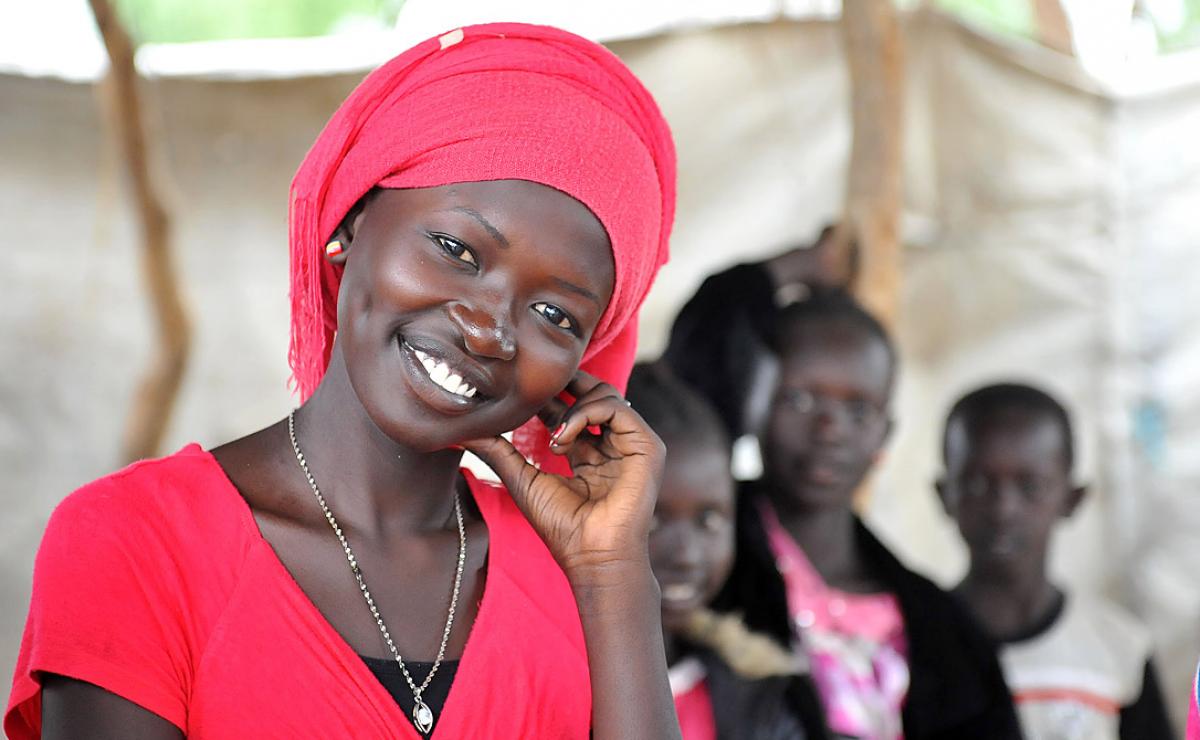Change the community

LWF refugee student scores top results in Upper Nile State, South Sudan
(LWI) – “It’s a matter of commitment,” Tawheda Badradin Ali (17) says and smiles. “I just make sure I keep up.” Now she has reaped the reward of her dedication: The refugee girl from Blue Nile, Sudan, scored the best result in the final primary examinations of Upper Nile State, South Sudan.
Ali is a student of The Lutheran World Federation (LWF) Accelerated Learning Program (ALP), a special curriculum designed for children and youth whose education has been interrupted. Her family fled the war in Blue Nile, Sudan. At the age of 12 years, the girls had been to refugee camps in Ethiopia and another county of South Sudan before the family was settled in Gendrassa. By then, Ali had missed months of schooling. As the school language in South Sudan is English and not Arabic as in her home town, she had to repeat part of her primary education.
The ALP program covers the content of two primary years in one year. Over-age students have an opportunity to catch up with the education they missed and advance to an age-appropriate level together with students their own age. Still Ali is one of few girls in her level. Many girls drop out to be married. Others are so bound by chores at home that they do not find the time to revise lessons and do their homework.
Family on side
“For me, it is important that she studies,” her mother, says. “I have my sisters to help me with the difficult chores. She is doing light things, like cooking, washing and sweeping the yard.” She is herself a teacher in primary school, also trained by the LWF. The family home is very different from the other refugee homes in the camp: The yard is impeccably clean, kitchen utensils and tools are stored. Drapes and even a clock cover the clay and straw walls of the houses. The windows have curtains.
A pile of books is stored in Ali’s room. The young girl has painted her fingernails and arranged her headscarf in a different fashion than the other women in the camp. “I want to become an engineer,” she says. “That has been my dream since childhood. I like architecture and construction.”
A painting hangs in the living room of her family. It shows a weeping white dove, surrounded by images of female models cut from a newspaper. Ali made it in school. “The dove represents peace,” she says. “All these photos are supposed to give a reflection of what life will be like in peace.” It’s a young girl’s dream of beauty and a carefree life, far away from Gendrassa refugee camp.
School or marriage
“In many families, the girls are only seen as a source of income,” Ali's mother, says. “Their worth is defined by the dowry a suitor pays for them when they marry.”
Ali’s family does not want to sell her and her sisters. The girls´ father remained in Blue Nile to support the family income. “It is difficult to have a livelihood here in the camp, there is nothing to cultivate here,” her mother says. “So he stayed behind to farm. It is dangerous, but that is life.” The father visits the family regularly. “He works very hard for us,” she adds.
For Ali, the toughest challenge has just started. There is no secondary school in Gendrassa camp. To continue her studies, she now needs to walk to the neighboring camp, which is one hour away. Every morning she gets up at five o’clock. Her mother worries for her safety, that the walk will be too much and her bright ambitious daughter will drop out.
“My dream is that she graduates,” her mother says. “I want her to change the community.”

